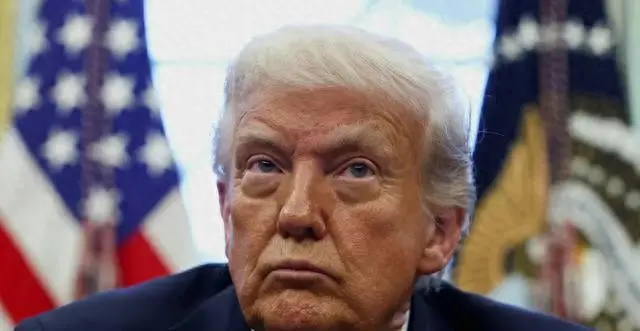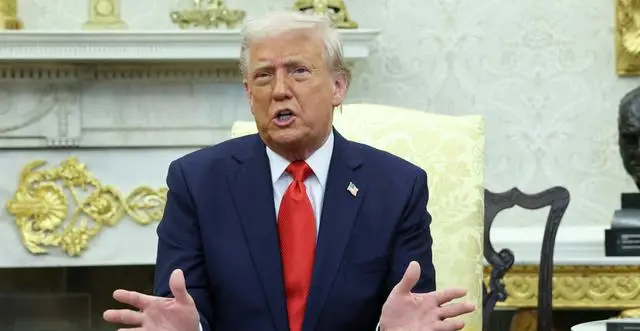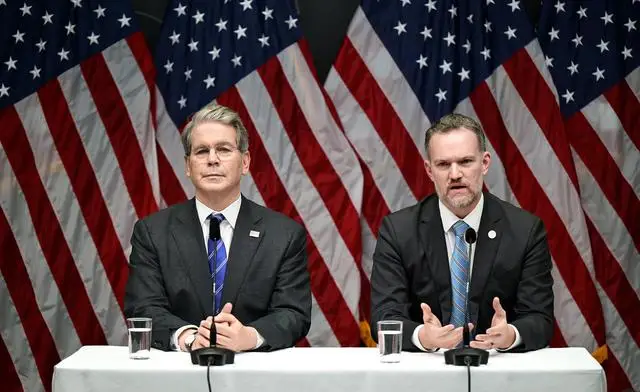On September 15th, under the Spanish sky, representatives from both countries engaged in a psychological war over economic and trade issues. Although a framework was ultimately reached, it could not conceal the undercurrents lurking beneath the negotiating table.
First, let's focus on China's position. After the meeting, the Chinese delegation emphasized three points: firm opposition to the politicization of economic, trade, and technological issues; the legal approval of all technology exports; and the reaffirmation of the principle of "mutual benefit and win-win." This was undoubtedly a direct response to the US's recent expansion of its sanctions list against China. Regarding the US's "national security" rhetoric, China expressed concern that excessive political interference in economic and trade relations would only be counterproductive and ultimately harm the common interests of both countries.
US Treasury Secretary Bensont's remarks further complicated the situation. On the one hand, he stated that tariffs on China's purchase of Russian oil could be waived, but only if Europe refrained from taking similar action against China. Simply put, the US's intentions are clear: it appears to be giving China some leeway, but underlying this lies another form of threat. As the helmsman of US economic policy, Bessant's remarks are effectively an attempt to put pressure on Europe, attempting to cut off Russia's revenue stream through economic means. Europe is being forced to play a leading role in this game.

But there's a big problem here: Europe's stance isn't as straightforward as the US might expect. According to an analysis by German business weekly Handelswoche, Brussels rejected Trump's previous proposal to impose 100% tariffs on China and India for a straightforward reason: their trade ties with China and India are extensive, and a rash tariff increase would not only hit Russia but also severely damage their own economies. Faced with this complex situation, Europe's focus is not only on the war in Ukraine but also on the stability and development of its own economy.
Europe is caught in a dilemma: it wants to put pressure on Moscow while also ensuring its own economic interests are not harmed. Countries like Germany and France already have deep-rooted energy ties with Russia, and a crude attempt to sever these ties is clearly unwise. The ongoing free trade agreement negotiations with India further highlight this contradiction: on the one hand, Europe seeks cooperation, while on the other, it must contend with pressure from the US. Balancing these two priorities has become a pressing challenge for European countries.

Looking at the US, its underlying motive is clear. Besides seeking to suppress Russia, the Trump administration is also vigorously promoting its own energy exports, particularly liquefied natural gas. Over the past few years, the US has expanded its export capacity, focusing on the European market and attempting to transform it into a major customer for US natural gas. The US logic is undoubtedly: "If I don't take action against you, you'll just listen to me."
Returning to the US-China negotiations, while the two countries have reached agreement on the framework, statements from both sides indicate that the dispute has not been truly resolved. While the US claims national security is a concern, China emphasizes adherence to principles, and the gap between the two countries remains. Bessant's promise of "no tariff increases" feels more like a sword hanging over their heads, poised to fall at any moment. This means the situation remains highly uncertain in the coming days.

How will the November 10th tariff truce unfold? Within this timeline, even the smallest disturbance could trigger a dramatic shift in the overall situation. Perhaps, in its struggle with the United States, China has realized that transforming temporary measures to stop the bleeding into a long-term, win-win relationship is the key to the future. If the United States continues to use economic pressure, it will only complicate the situation and further erode its international trust.
In this rapidly changing international arena, the future is uncertain. Both China and the United States are striving to find mutually acceptable rules of the game, but the complexities of reality cannot be ignored. Finding a balance in this game may lie not only with China and the United States, but also with every participant who wisely navigates it.
While the Madrid talks were historic, the challenges and crises they present remain daunting. Whether Europe, caught in the crossfire, can find its place between China and the United States, and how the future international order will be reshaped, deserves our close attention.

%20--%3e%3c!DOCTYPE%20svg%20PUBLIC%20'-//W3C//DTD%20SVG%201.1//EN'%20'http://www.w3.org/Graphics/SVG/1.1/DTD/svg11.dtd'%3e%3csvg%20version='1.1'%20id='图层_1'%20xmlns='http://www.w3.org/2000/svg'%20xmlns:xlink='http://www.w3.org/1999/xlink'%20x='0px'%20y='0px'%20width='256px'%20height='256px'%20viewBox='0%200%20256%20256'%20enable-background='new%200%200%20256%20256'%20xml:space='preserve'%3e%3cpath%20fill='%23FFFFFF'%20d='M194.597,24.009h35.292l-77.094,88.082l90.697,119.881h-71.021l-55.607-72.668L53.229,232.01H17.92%20l82.469-94.227L13.349,24.009h72.813l50.286,66.45l58.148-66.469V24.009z%20M182.217,210.889h19.566L75.538,44.014H54.583%20L182.217,210.889z'/%3e%3c/svg%3e)



